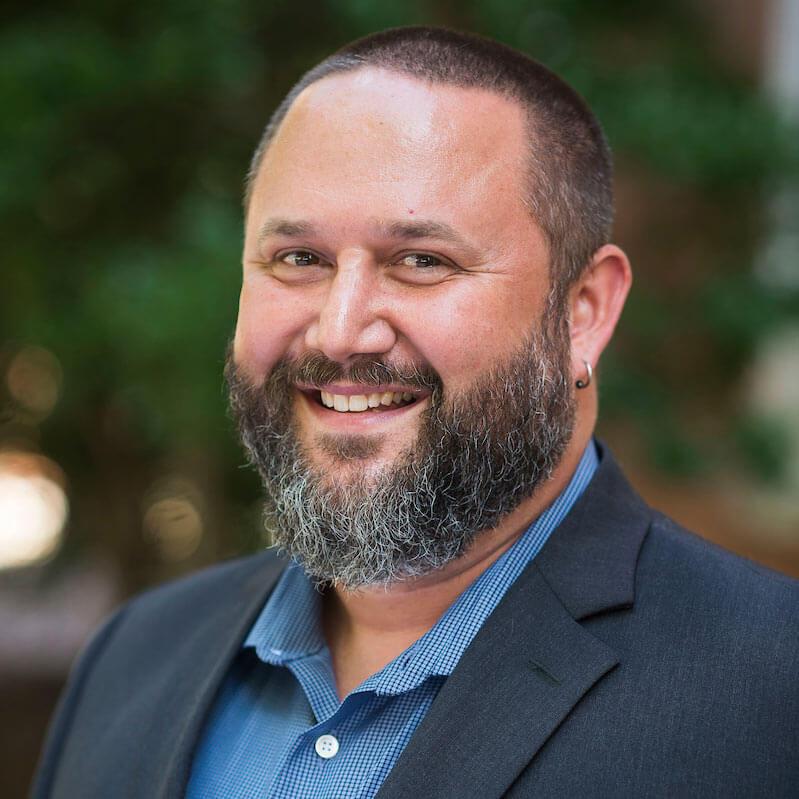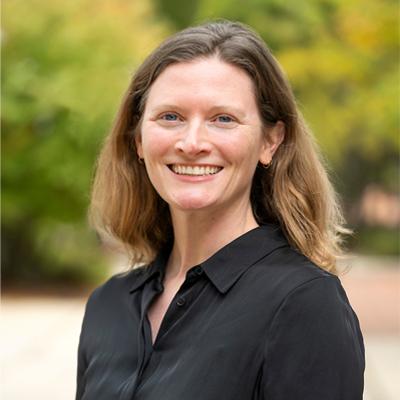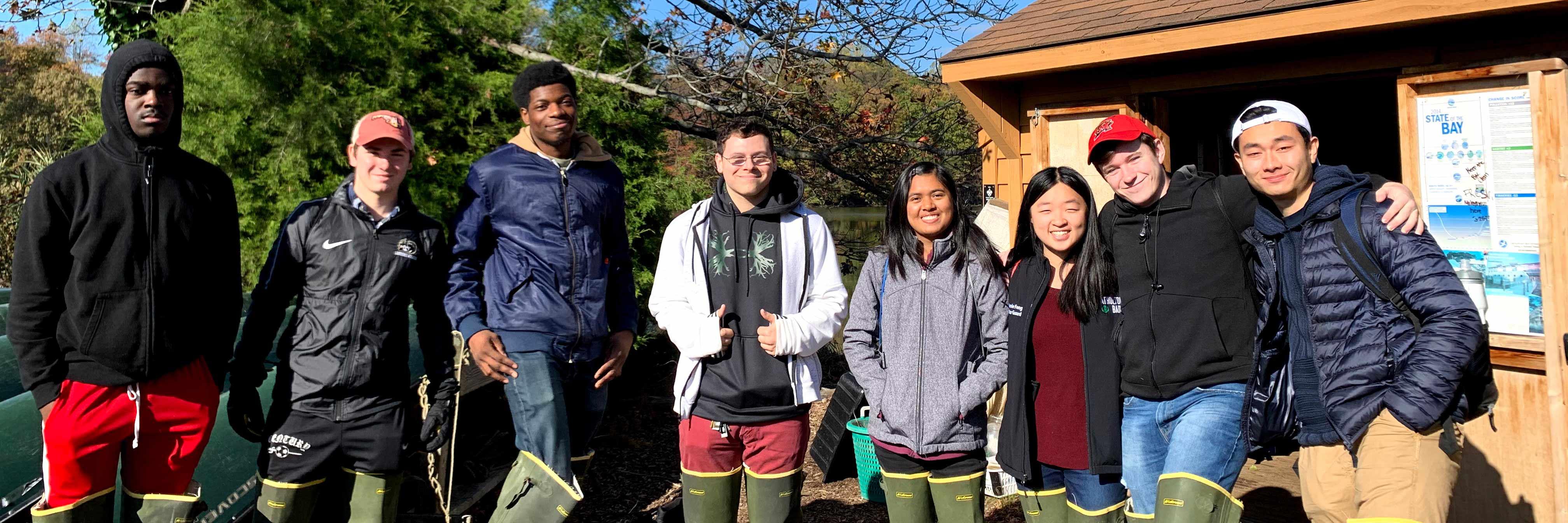Environment, Technology and Economy
Empowering students to build a just and sustainable world
Introduction
Human life and survival depend on the health and availability of the planet's natural resources, from water and air to fossil fuels and other energy sources. In this context, what does it mean to each of us to be a citizen of this community, this country, and this world?
The Environment, Technology and Economy (ETE) program takes on the complex and urgent issues of global sustainability from an environmental, social and economic perspective.
Students explore:
- Human impacts on ecosystems and the natural environment;
- The role of food systems in the just and sustainable production of food; and
- The impact of policy on society and the environment.
The program offers a holistic and intersectional view of sustainability, examining how institutional systems and traditional power structures create differential exposure to environmental hazards depending on race, gender, and national origin. Ultimately, students are encouraged to work towards a more just and sustainable future, both in their personal lives and as agents of systemic change.
ETE is ideal for students who are interested in engaging with the world and their communities. All majors are welcome and in fact, encouraged, to ensure a diversity of perspectives.
Colloquium and Lecture Topics
- The impacts of waste on people and the planet
- Global climate change and ecosystem services
- Guest lectures from experts on Climate Change, Indigenous foodways, insect pollinators, environmental policy and other topics
- Sustainable and regenerative approaches to food production and distribution, with an emphasis on the historical roots of these practices in Black and Indigenous cultures
- Corporate sustainability and ecological economics
- New and emerging trends in energy, transportation, biotechnology, and computer science
Learning about the interconnected relationship between environmental issues, economic security and social equity has helped me find connections between my ETE coursework and other classes.
Other Learning Opportunities
ETE offers a variety of opportunities to enhance students' classroom learning. UMD's location near Washington, DC, means students have access to world-class museums and to organizations with national influence.
Students also have the opportunity to:
- Work with a team to write a grant proposal to address an issue they care about, with the opportunity to implement the grant with faculty support;
- Learn about the history and ecology of the Anacostia River with the Anacostia Watershed Society while canoeing with friends;
- Hike in the region's many green spaces, including the Arboretum and Botanical Garden that is the UMCP campus, to experience firsthand the positive impact outdoor activity has on mental health;
- Tour Philip Merrill Environmental Center, the world’s first LEED-platinum building;
- Explore permaculture practices and native plant dining at Forested LLC, an experimental food forest.
ETE further works closely with UMD's Office of Sustainability, Resident Facilities, the UMD Arboretum and Botanical Garden, and other partners to facilitate sustainable initiatives on campus. Student projects have included revitalizing an interpretive trail on the Wooded Hillock, reducing student water use in showers, a tree-safe location for hammocks, and installing an algal turf scrubber to clean up campus waterways. Several projects have been awarded grant money so students can put their ideas into action.
Curriculum Overview
Over the two-year program experience (four semesters), students will complete two supporting courses that will count toward their ETE Scholars citation. In most cases, these will fulfill General Education requirements. Note that your Scholars courses—colloquium, practicum and supporting course—will generally be in addition to any courses you take to satisfy major requirements.
The following table represents a typical two-year curriculum, but individual schedules may vary. Details about courses and requirements can be found on the ETE Citation Checklist.
| SEMESTER | COURSE | CREDITS |
|---|---|---|
| Semester 1 | CPET 100: Colloquium I | 1 credit |
| Semester 2 | CPET 101: Colloquium II (DSSP, DVUP) | 3 credits |
| Semester 3 | CPET 200: Colloquium III | 1 credit |
| Semester 4 | CPET 230: Internship; or CPET 240: Service-Learning; or CPET 250: Research |
1-3 credits |
| Semester 1, 2, 3, or 4 | Supporting Course (var. Gen Ed) Supporting Course (var. Gen Ed) |
3 credits 3 credits |
Sponsoring College
Office Address
0129 Cumberland
Office Phone
Faculty


News and Notes, Etc.
The Diamondback: UMD’s first year book panel discusses how students can act on environmental issues, October 2022
Environment, Technology and Economy News
4 Graduating Scholars Alums Recognized With Prestigious University Awards
Four Scholars alumni are among the handful of graduating seniors recognized this month with some of the University of Maryland’s most prestigious awards. Gabriela Winter, an alum of the Public Leadership Scholars program, received the Wilson H. Elkins Citizenship Awards, presented each year to one of the top students in the graduating class who has displayed outstanding involvement and leadership in campus activities.
Scholars Student 1 of 6 Terps to Receive 2022 Hollings Scholarship from NOAA
An Environment, Technology and Economy (ETE) Scholars student has received a 2022 Ernest F. Hollings Undergraduate Scholarship from the National Oceanic and Atmospheric Administration (NOAA). Maguire Ballard, a civil engineering major in his second year of ETE, is one of six University of Maryland students to have received this year's Hollings Scholarship. The award is NOAA's flagship undergraduate program and provides recipients with scholarships worth $19,000 and a fully funded 10-week, full-time summer research placement at a NOAA facility.
New Minor Expands STS Concepts Beyond Scholars
The Science, Technology and Society (STS) Scholars program has long pushed students to consider the ethical, social and political implications of science, research and technology. It’s the kind of thinking that isn’t readily incorporated into most STEM curricula, despite the high likelihood that these students will one day design or introduce innovations that could significantly impact society. Thanks to a new minor, however, more University of Maryland students will soon be exposed to STS teachings.
In-Person Service Day Relaunches With Enthusiasm
Kids bent over boxes of school supplies. Tubs of tomatoes, picked fresh off the vine. College students clad in waders, waist-deep in pond water. These were just a few of the scenes witnessed during College Park Scholars’ annual Service Day, which took place on Friday, Aug. 27, this year.
Despite Being Virtual, Scholars Showcases Promote Personal Interaction
For most University of Maryland (UMD) students, the end of the spring semester heralds the start of finals. But for sophomores in College Park Scholars, for the past 24 years, this time of year has signified Academic Showcase. The event, one of the largest exhibitions of undergraduate student learning on campus each year, typically involves more than 600 Scholars sophomores presenting on their capstone projects to fellow students, faculty, parents and other members of the UMD community.

